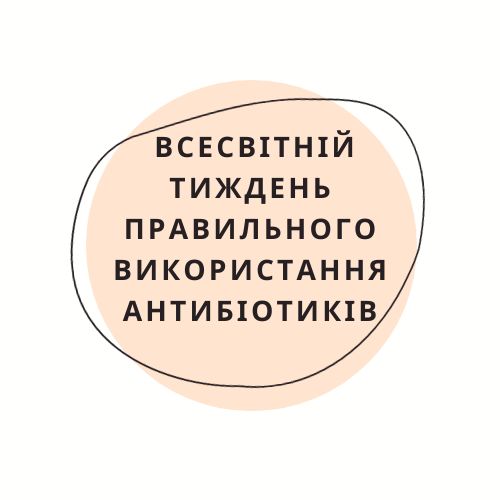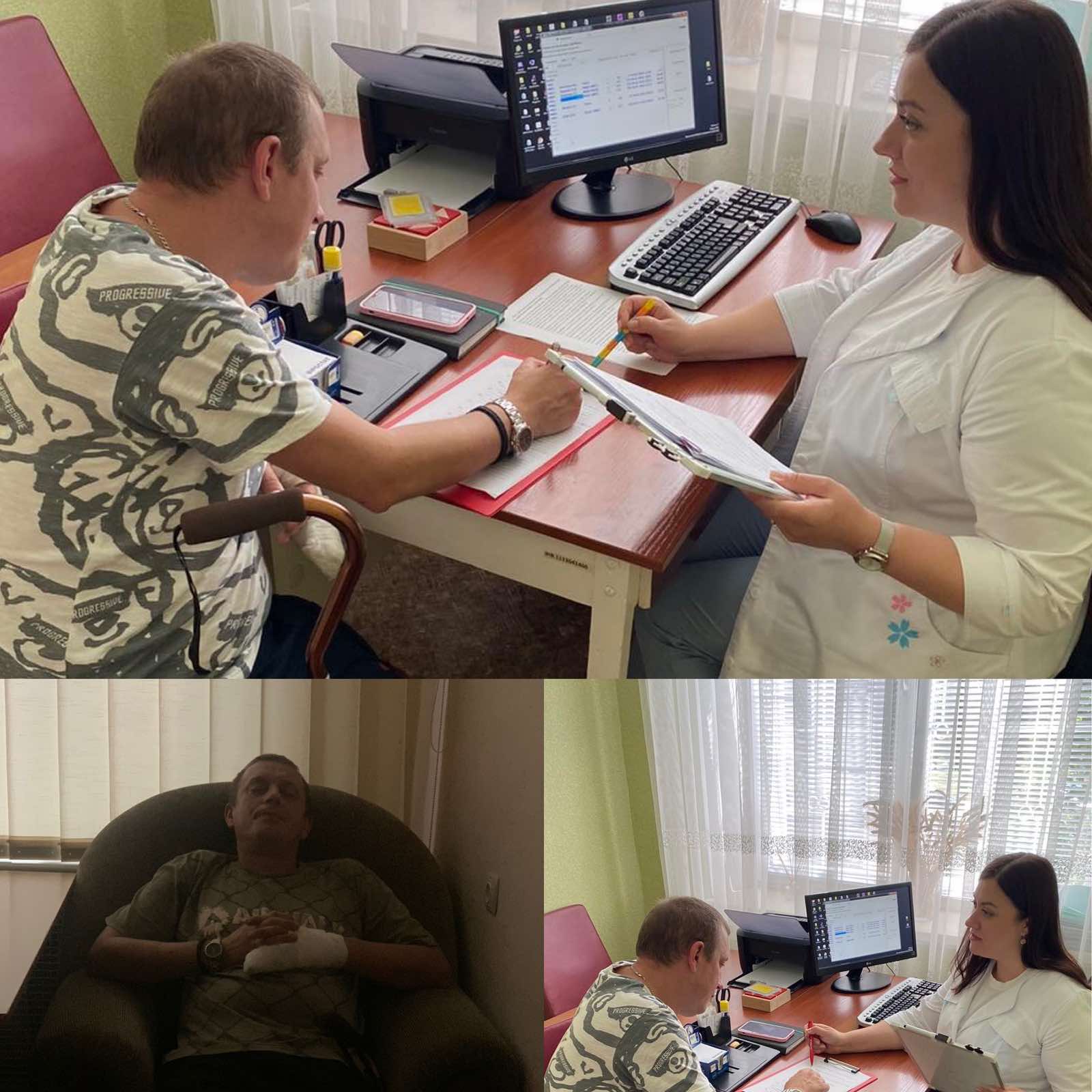18.10.2023
Witness trauma is a psychological and emotional experience that occurs after witnessing or observing events that were traumatic or stressful. It is almost impossible to feel safe during a war. And even if we are in more peaceful regions or abroad, we can still be traumatized to some extent by the events we read about in the news or watch videos.
Psychologists call "witness trauma" the condition of a person who, without being a direct participant in an event, experiences it severely and may experience stress, anxiety, depression, and other psychological problems. Such prolonged stress exhausts a person both psychologically and physically. The consequences can be quite severe, depending on a person's ability to adapt to a stressful situation and their willingness to perceive information. Fears, anxiety, sleep disturbances, numbness may appear (when a person seems to freeze, withdraws into his or her inner world and withdraws even from everyday activities, stops feeling any emotions at all, begins to have less contact with the environment).
How do you know if you have witness trauma?
Experts note that this psychological state is first of all characterized by emotions: anxiety, tears, lack of concentration, feeling of powerlessness, anger, sadness, emotional outbursts, anxiety, guilt, numbness, nausea, tremors, headaches, eating disorders, nervous tics, and shortness of breath. Over time, a traumatized person becomes emotionally unbalanced: they swing from a depressed state to an aggressive one, or vice versa.
What to do about it and how to force yourself to move on?
First of all, we need to pay attention to the information we read or watch from videos or photos, and not go into the details of the tragedy.
- We advise a person who has experienced strong emotions to speak up and not to keep to himself.
- It is equally important to take care of nutrition and healthy sleep, which gives the brain and the body as a whole a break.
- Take care of your body. Breathing exercises, yoga, and any conscious physical activity will help. Try to find a person with whom you can talk about the event that shocked you - this is very important. If it is difficult for you to talk about it with your family, you can consult a psychologist.
It is worth noting that witness trauma can cause rheumatization and trigger painful memories of past losses and traumatic events. Therefore, if you feel the slightest need for psychological help, contact a specialist.


(с) 2024